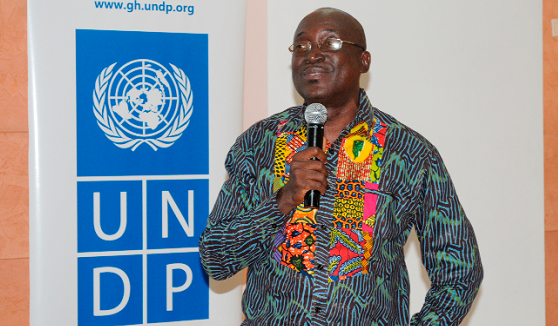
Energy Commission ends Refrigerator Rebate and Exchange Scheme
The Energy Commission (EC) says that it will no longer continue with the Refrigerator Rebate and Exchange Scheme (RRES) introduced in 2012.
Advertisement
Launched and introduced in September 2012 by the Energy Commission, the scheme sought to ensure that Ghanaians replaced their old power-consuming refrigerators with new energy-efficient ones.
But speaking at a forum with editors in Accra last Tuesday, the Head of Energy Efficiency and Climate Change at the Energy Commission, Mr Kofi A. Agyarko, said the purpose for which the scheme was introduced had been achieved.
According to him, since the introduction, about 10,000 used and inefficient refrigeration sets had been exchanged for new ones, a situation, he added, was a big achievement for the nation as far as energy conservation was concerned.
The number of the sets, however, falls short of the 15,000 sets initially earmarked to be collected under the scheme.
“Even though we were not able to hit the target of 15,000, we will no longer continue with the scheme because a lot of Ghanaians are embracing the idea,” he said.
Known as an “Evening with stakeholders,” the forum was meant to offer stakeholders of the commission the platform to make enquiries about its activities and to find out about the success stories of the RRES.
Energy conservation
Explaining further how the scheme had been beneficial, Mr Agyarko said those who participated in the rebate scheme “have had their consumption reduced to 385kWh/yr. from 1,200kWh/yr.”
Additionally, he stated that a total of 30,000 illegally imported refrigeration appliances had been confiscated and destroyed since 2012.
“As a result of the scheme, more than a million tonnes of carbon dioxides have also been saved and that is helpful for the nation,” he said, and noted that the scheme had also been economically beneficial to the entire nation.
“Meanwhile, household income savings of about GH₵558 per year accrued to beneficiaries of the rebate scheme,” he said.
When asked if the remaining 500 of the fridges were still on the market, Mr Agyarko indicated that the introduction of the scheme would compel people to abandon their old fridges and go in for the new ones.
Challenges
Although the scheme had been successful, Mr Agyarko admitted it came with its own challenges.
“Initially, importers were bent on not giving in to the non importation of “Euro carcasses into the country, so they fought us on a number of occasions,” he said.
Some importers, he said, also developed sophisticated means of bringing goods into the country on the pretext of diplomatic missions, adding that it had, however, been stopped.
On whether the commission could tell the number of used appliances in the system at the moment, the Executive Secretary of the Energy Commission, Dr Alfred Ofosu-Ahenkorah, said the commission was not in the position to tell since the commission was yet to conduct any research in that regard.




